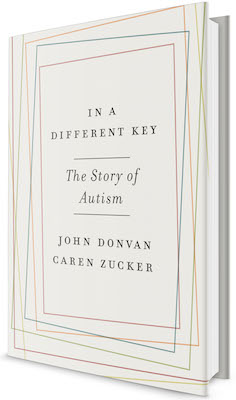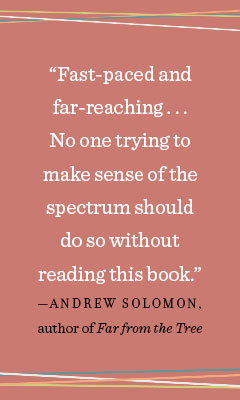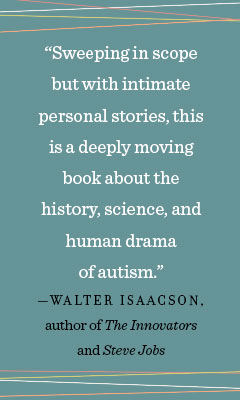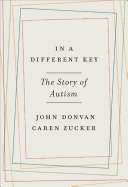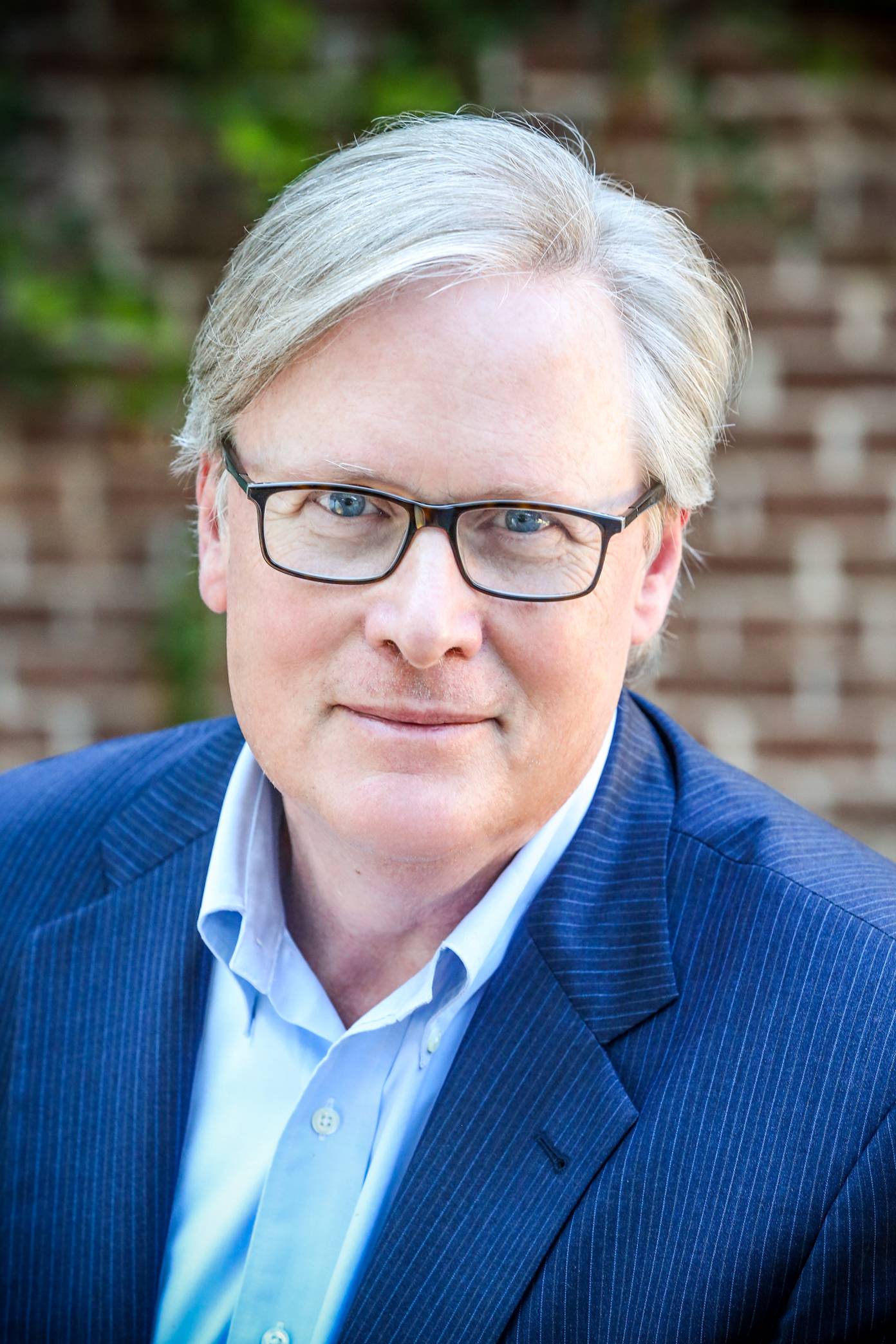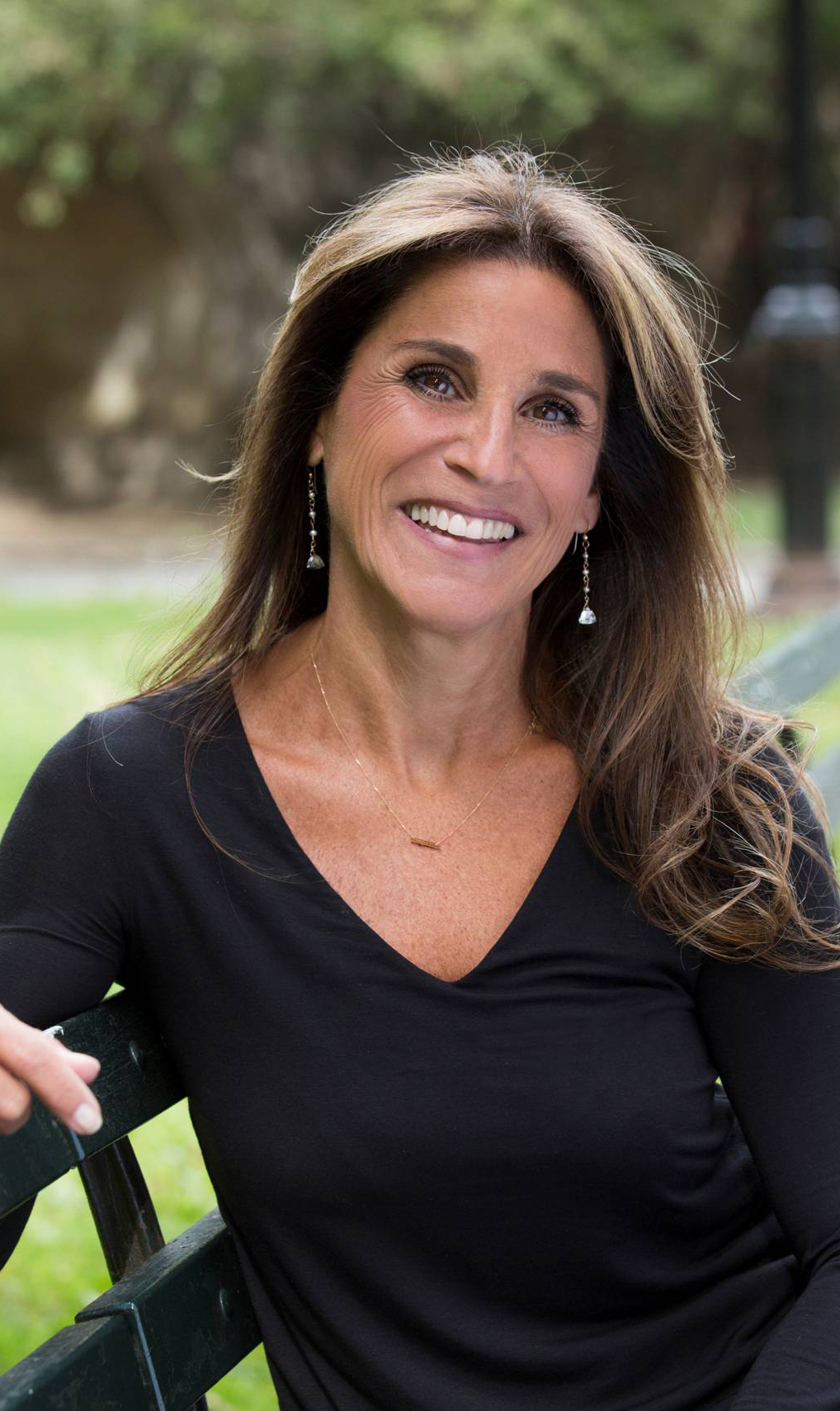In a Different Key: The Story of Autism
by Caren Zucker, John Donvan
In 1938, Dr. Leo Kanner, a preeminent child psychiatrist in the United States, examined a boy named Donald Triplett. Donald began life developing normally, but around age two his mother grew concerned. Donald was detached emotionally and didn't show signs of self-sufficiency or ability to recognize danger. He created rituals and expressed a rigid need for "sameness." It would be four years after first seeing Donald before Dr. Kanner coined a term for this collection of irregular behaviors; at that point Donald Triplett became the first person ever diagnosed with autism. His story begins In a Different Key, ABC contributing correspondent John Donvan and ABC producer/journalist Caren Zucker's in-depth look at this puzzling disorder that was virtually unknown (or undiagnosed) only 70 years ago.
While Donald's was the first diagnosis, Kanner did not believe he had " 'discovered' autism as much as found the eyes with which to see it." Since that time, the view of this "spectrum" has come into clearer and clearer focus, but it continues to mystify those in the fields of medicine and psychology and, above all, the families of the afflicted.
Moving chronologically, Donvan and Zucker recount the milestones that took the world from being blindly unaware to spending millions of dollars a year on research and treatment for the disorder. They detail the early atrocities of prison-like institutions, selling the mentally disabled into servitude, and even "Fitter Family" contests, which had been run across the Midwest and South since 1921:
"Mrs. Watts staged her contests at state agricultural fairs, always timed to overlap with the main event--the livestock contest. Farmers had trucked in their best-looking cattle, their most perfect pigs, to compete for blue ribbons. The judges, fellow farmers, gave prizes for breeding animals that came as close as possible to flawless examples of their species. Better-bred animals, when crossed again and again, led to unending improvement in the stock of the breed.
"Mrs. Watts had the same goal for humans... 'we are testing the Joneses, Smiths and the Johnsons.' "
The shocking nature of this declaration sharpens the image of a nation intolerant of disability or difference. The environment in this era was fraught for a child with an "extreme preference for aloneness and [an] extreme need for sameness."
When the country moved past these deplorable eugenics ideas, it proceeded in the 1950s and '60s to the theory of "refrigerator mothers": autistic children were the product of mothers who didn't love them enough. Donvan and Zucker probe these elements of autism's history with journalists' eyes--reporting the facts--but they also share the heartfelt experiences of parents who persevered, fighting daily battles for their children while enduring criticism from society and the mental health community. It's Donvan and Zucker's compassionate respect for the families and their astounding achievements that makes In a Different Key so compelling.
The authors point out the strife in the autism community, dividing people who are facing the same obstacles while simultaneously opposing each other. Donvan and Zucker explain these points of view without judgment or criticism and acknowledge the contributions as well as the shortcomings of both sides. In sections on the epidemic narrative (autism is dramatically increasing in frequency) and the vaccine theory (childhood inoculations can cause autism), they illustrate how these beliefs evolved and then counter them with opposing theories and data.
Two prominent organizations of the late 20th/early 21st century, Cure Autism Now (CAN) and the National Alliance for Autism Research (NAAR), refused to merge over a slight difference in philosophy, even though they had the same goals and a unified front would have been more powerful, both financially and politically. Again Donvan and Zucker refrain from judging the decision while still imparting the key information: "And therein lay the important difference. In 1995, Jon and Portia wanted to 'hurry up science' in time to cure their own son. Eric and Karen accepted Zach's autism as a fact, but wanted good science done now for the sake of future generations."
In a Different Key recounts the many strenuous trials that families have encountered and continue to face. But it also brilliantly illuminates the successes, the strengths and the hope. A cure has not been found, nor a definitive cause isolated, but today the medical field is brimming with research. Treatment programs like Applied Behavior Analysis (ABA) are improving the lives of some people on the spectrum. Advocates are making gains in educational options and quality-of-life programs.
Personal connections--Donvan's brother-in-law and Zucker's son are autistic--could easily lead to bias, but In a Different Key strives to accurately and comprehensively educate the reader, not promote any certain school of thought. The authors' belief seems to be that an informed population is a powerful tool in the continuing fight against autism. They leave conclusion-drawing up to the reader.
In a Different Key is an eye-opening reading experience for those not intimately connected to autism--a collection of stories about everyday heroes working tirelessly to make a difference in the lives of those who, for reasons yet unknown, end up trapped inside themselves. It isn't a quick read, but rather a book to be slowly digested and absorbed. Think of In a Different Key as a treatment program for blurred sight. Everyone who reads it will experience new-found clarity. --Jen Forbus



